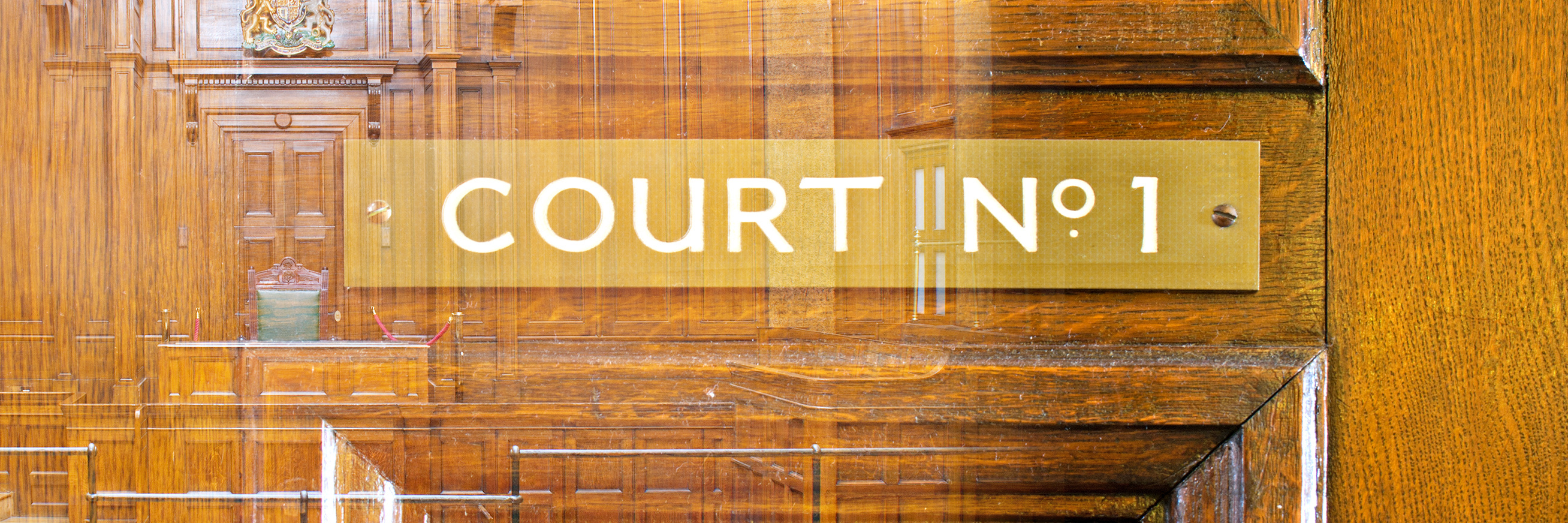Posted Wednesday 9th June 2021
On 15 April 2021, Lord Sales, Justice of the UK Supreme Court, gave a speech at the New Zealand Senior Courts Judges’ Conference to share his thoughts and concerns surrounding the implications of Covid-19 on UK Law. The overarching theme of Lord Sales speech was that Covid-19 has brought significant legal consequences, both positive and negative, to UK Law, which will continue to unfold for many years to come.

Covid-19 has fundamentally changed the way people have worked and lived over the past year across all industries and all countries; it has had a huge impact on UK Law and the UK’s legal system. This blog will summarise Lord Sales’ views on the immediate impacts that Covid-19 has had on the UK’s legal system and the longer-term opportunities it offers in respect of access to justice.
Lord Sales highlighted in his speech how the short-term consequences of Covid-19 on the UK’s legal system have been largely negative. The backlog on court waiting lists has increased and the courts’ operational efficiency has worsened. The Law Society of England and Wales reported in September 2020 that the backlog of cases in family courts was up by 23% (to 52,391) and in criminal courts was up by 26% (to 564,249).
These statistics are not encouraging; nonetheless, Lord Sales expressed optimism with regards to remote hearings and the use of virtual technology throughout the pandemic. In particular, he referred to:
In Lord Sales’ view, the positive and effective use of technology in the short-term will likely lead to success in the long term for the UK legal system.
Lord Sales reiterated the Lord Chief Justice’s declaration of May 2020 that “there will be no going back to February 2020” for the courts and highlighted that legal professionals must now ask themselves what they can learn from the pandemic in order to improve the UK legal system. In particular, he commented that:
The authors of this article agree that the effects of the increased use of technology in the UK legal system are largely positive. In particular, the fact that virtual hearings reduce the need for parties to travel should allow cases to be run more efficiently and reduce the legal industry’s carbon footprint.
However, there are some areas of concern. For example, the quality of evidence given virtually can sometimes be worse than that of evidence given live, due to connection issues, sound delays, and the inability of those present in the virtual courtroom to fully read the body language of the judge, counsel and witness. The effectiveness of virtual hearings should be kept under constant review as technology develops.
This article is for reference purposes only. It does not constitute legal advice and should not be relied upon as such. Specific legal advice about your specific circumstances should always be sought separately before taking or deciding not to take any action.